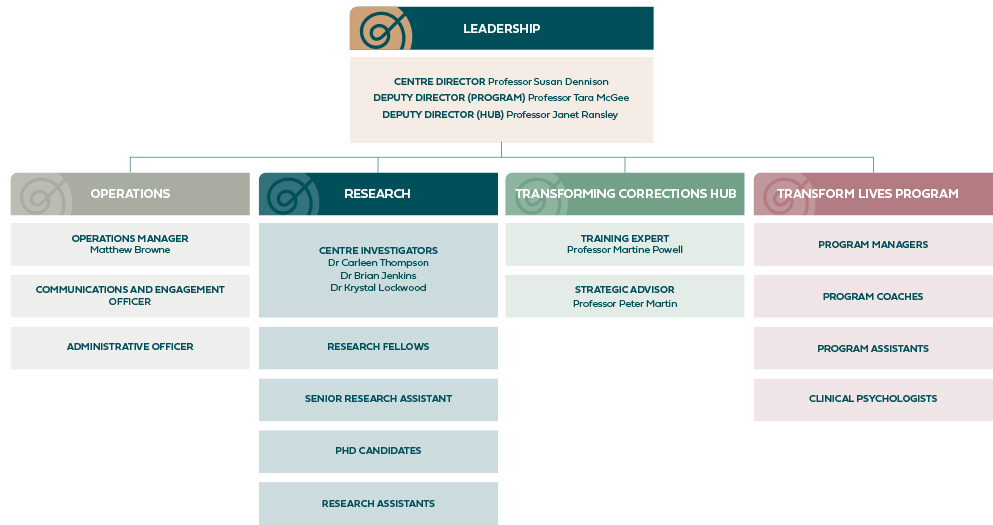Effective transformation will only be possible by working together, sharing knowledge, experience and innovative ideas. You can find out more about the various individuals, groups and organisations that we are working with, as well as our Griffith team, here.
Centre structure
Our team

Centre Director, Professor Susan Dennison
Susan Dennison is a Professor in the School of Criminology and Criminal Justice and the Griffith Criminology Institute at Griffith University. She is an international leader in the field of parental incarceration research. During her career she has focused on investigating how childhood adversity, particularly maltreatment and parental incarceration, affects young people’s development and long-term outcomes. Susan is working to transform policies and systems to reduce the intergenerational transmission of offending and disadvantage. She is committed to improving correctional design, policy and practice with respect to prisoner-family relationships, contact and community re-entry.

Deputy Director (Program), Professor Tara McGee
Tara McGee is a Professor in the School of Criminology and Criminal Justice and a Member of the Griffith Criminology Institute at Griffith University. She commenced her career as a youth worker with young people who were growing up in uniquely disadvantaged circumstances. Since joining academia Tara has focused on building our understanding of the development of antisocial behaviour and offending over the life-course. Her more recent work has sought to translate research in practice, specifically in the field of Prevention Science. She works with the not-for-profit sector and government departments investigating the effectiveness of developmental crime prevention programs.
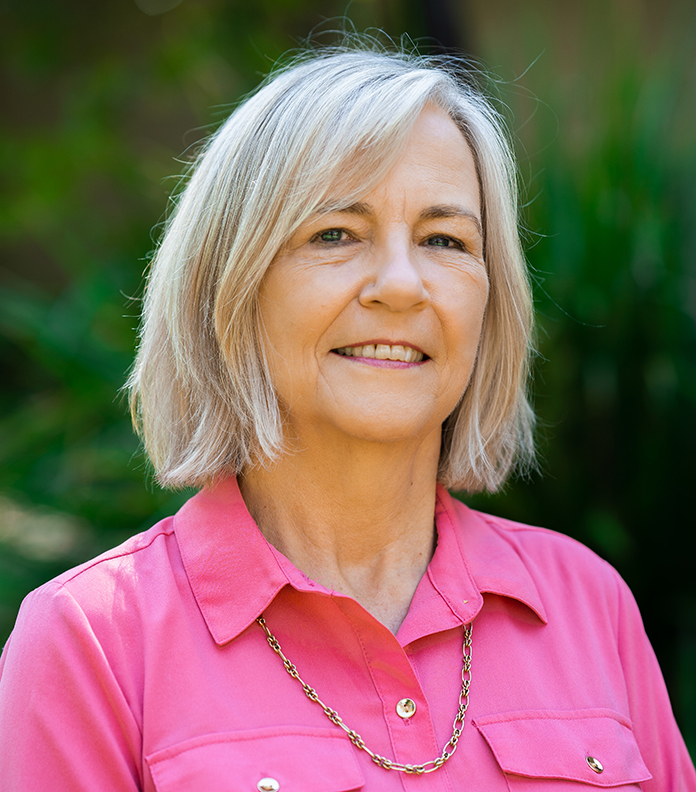
Deputy Director (Hub), Professor Janet Ransley
Janet Ransley is a Professor and Director of the Griffith Criminology Institute (GCI) at Griffith University. Prior to entering academia she held senior Queensland Government policy positions. Janet’s research aims to understand and improve criminal justice system policy, coordination and practices, especially via the principles of harm reduction, crime prevention rather than enforcement, and improved responses for First Nations people. She has developed extensive collaborative partnerships to co-generate evidence for better practice outcomes.
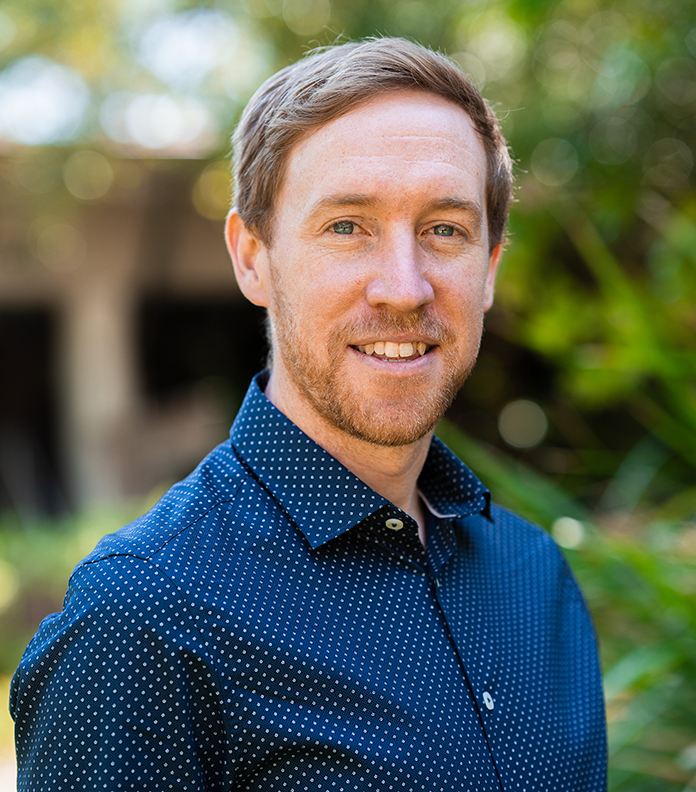
Operations Manager, Matthew Browne
Matthew is the Operations Manager at TCTL and has over 10 years’ experience supporting research at Australian universities. He is passionate about facilitating outstanding research and ensuring that programs are effectively and efficiently delivered in a way that achieves maximum impact for society. His prior roles as Senior Research Development Officer in the Griffith Criminology Institute and Manager, Sponsored Research at the University of Queensland have provided him with deep knowledge of the complexities faced throughout the research funding lifecycle, and insights into the key societal challenges that the TCTL Centre seeks to address. Matthew is a well-rounded leader and team player with an outcomes focussed management style used to achieve operational goals.
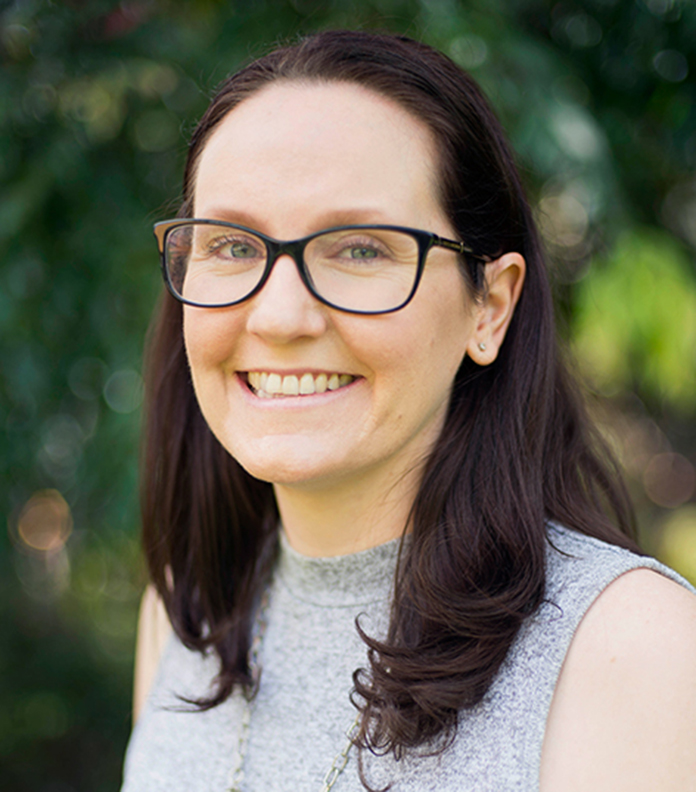
Centre Investigator, Dr Carleen Thompson
Carleen Thompson is a Lecturer in the School of Criminology and Criminal Justice and a Member of the Griffith Criminology Institute at Griffith University. Carleen’s research aims to improve understanding of the causes and progression of offending to drive evidence-based intervention planning that reduces re-offending. Carleen has established strong partnerships across government departments, with 16 years’ experience using her research to help policy-makers and practitioners more effectively target interventions on the basis of offenders’ risks and needs.
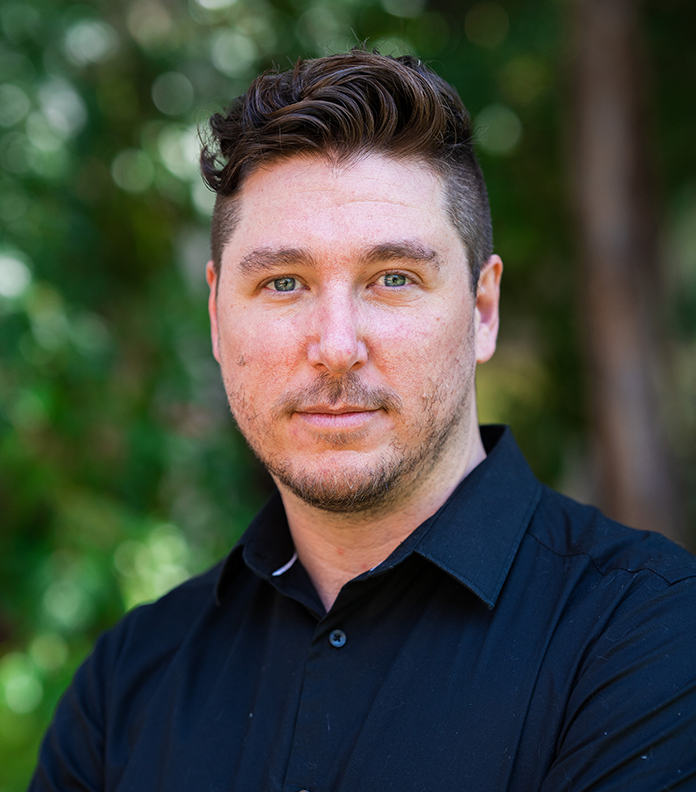
Centre Investigator, Dr Brian Jenkins
Brian is a Lecturer in the School of Human Services and Social Work and member of the Griffith Criminology Institute. His research focuses primarily on child protection, particularly patterns and drivers of change in complex systems. He has extensive experience working with secondary and administrative data, and has evaluated a range of family support services from state-wide programs to local place-based interventions. Brian has worked across government in a number of policy and evaluation roles related to child safety, youth justice, and cross-sectoral reforms.

Centre Investigator, Ms Krystal Lockwood
Krystal Lockwood is a Gumbaynggirr and Dunghutti woman who grew up in Armidale, NSW. She is a Lecturer in the School of Criminology and Criminal Justice at Griffith University. Her research focuses on the way evidence is used in the criminal justice system, particularly in the way evidence can impact, influence, or hinder steps to achieving social justice. Her research focuses on addressing the over-representation of First Peoples in the criminal justice system. For her PhD, Krystal evaluated Belonging to Family, a reintegration program supporting Koori families with a parent in prison.
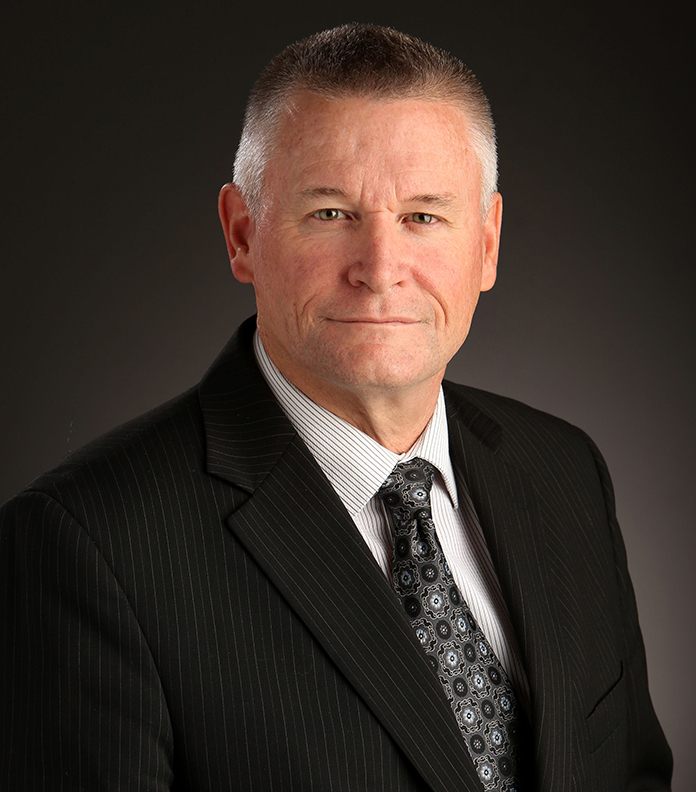
Strategic Advisor, Professor Peter Martin APM
Peter Martin is a Professor of Practice at the Griffith Criminology Institute. He joined GCI in early 2022 after retiring from the role of Commissioner, Queensland Corrective Services. Prior to this Peter was the Deputy Commissioner of the Queensland Police Service. Peter’s career in both police and corrections in Queensland spanned over 40 years. During his important roles in both police and corrections, Peter was focused on the future strategic positioning of these agencies to address the factors that lead to reoffending and to orientate the effort around prevention.
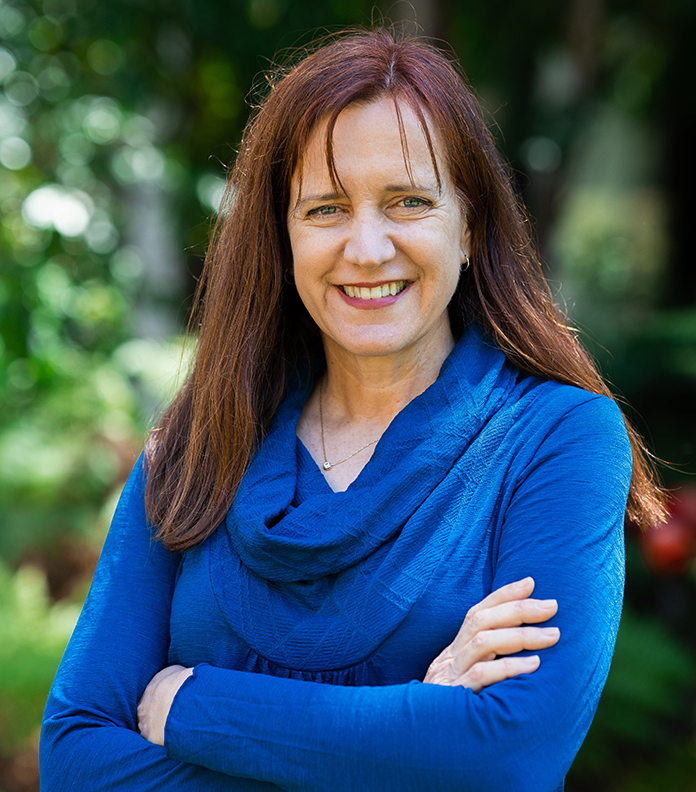
Training Expert, Professor Martine Powell
Martine Powell is Professor and Founding Director of the Centre for Investigative Interviewing located within the Griffith Criminology Institute. Her research focuses on expanding knowledge on the ‘how to’ of obtaining information from people about life events or situations to assist decision-making.Good investigative interviewing involves eliciting uninhibited, pertinent, accurate and detailed information in fair and respectful ways.Powell has a broad educational background including degrees in clinical psychology and education. A particular focus of her research has been enhancing communication with vulnerable people (e.g., children, adults with complex communication needs) in the criminal justice setting, and about sensitive topics such as sexual assault. She has also examined interviewing across other settings including health and workplace investigation.

Research Fellow, Dr Corrie Williams
Corrie is a Research Fellow with the Transforming Corrections to Transform Lives project at Griffith University, School of Criminology and Criminal Justice. Corrie also has extensive experience as a practitioner and analyst with the Department of Youth Justice in Queensland. Her research interests include the development and promotion of prosocial behaviour, the interplay of prosocial and conduct problem behaviour from childhood to middle adolescence, and adolescents’ perceptions of social support within their families and school environments.
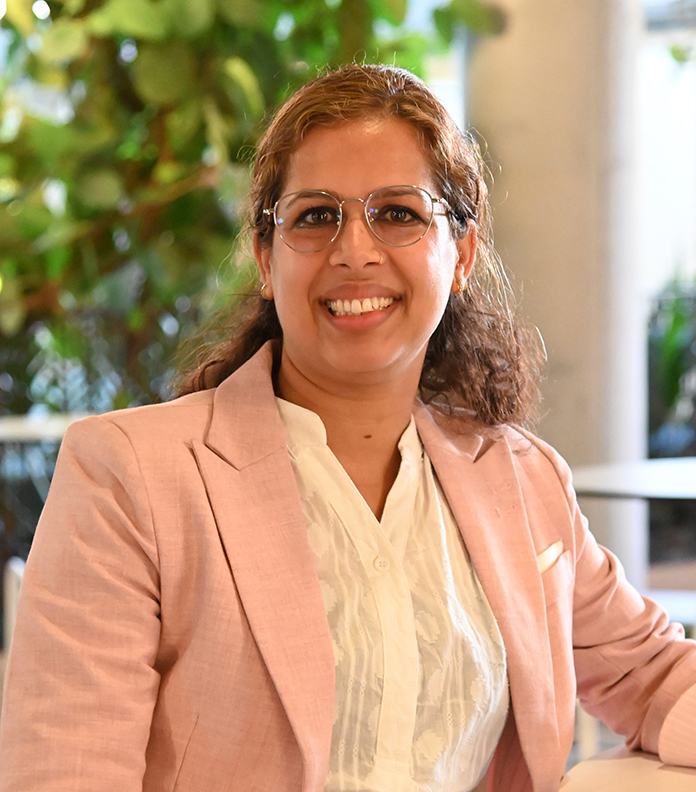
Research Fellow, Dr Diksha Sapkota
Diksha Sapkota is a Research Fellow at TCTL and has been working on identifying diverse needs of women in prison. She is a registered nurse from Nepal and has master’s degree in public health. She has recently completed her Ph.D. thesis on developing and evaluating a psychosocial intervention for pregnant victims of domestic violence with ‘School of Nursing and Midwifery’ at Griffith University. She has more than five years of experience in tutoring medical and nursing students. She has been involved in several health-related research projects related to women’s health, mental health, self-management of chronic diseases and domestic violence. She has diverse experience of conducting systematic reviews, quantitative and qualitative studies and writing scientific papers. She has developed an exceptional publication record for her career stage. Diksha’s key interest is on developing innovative models of care and support for improving health and wellbeing of women and children, especially among marginalized and vulnerable groups.

